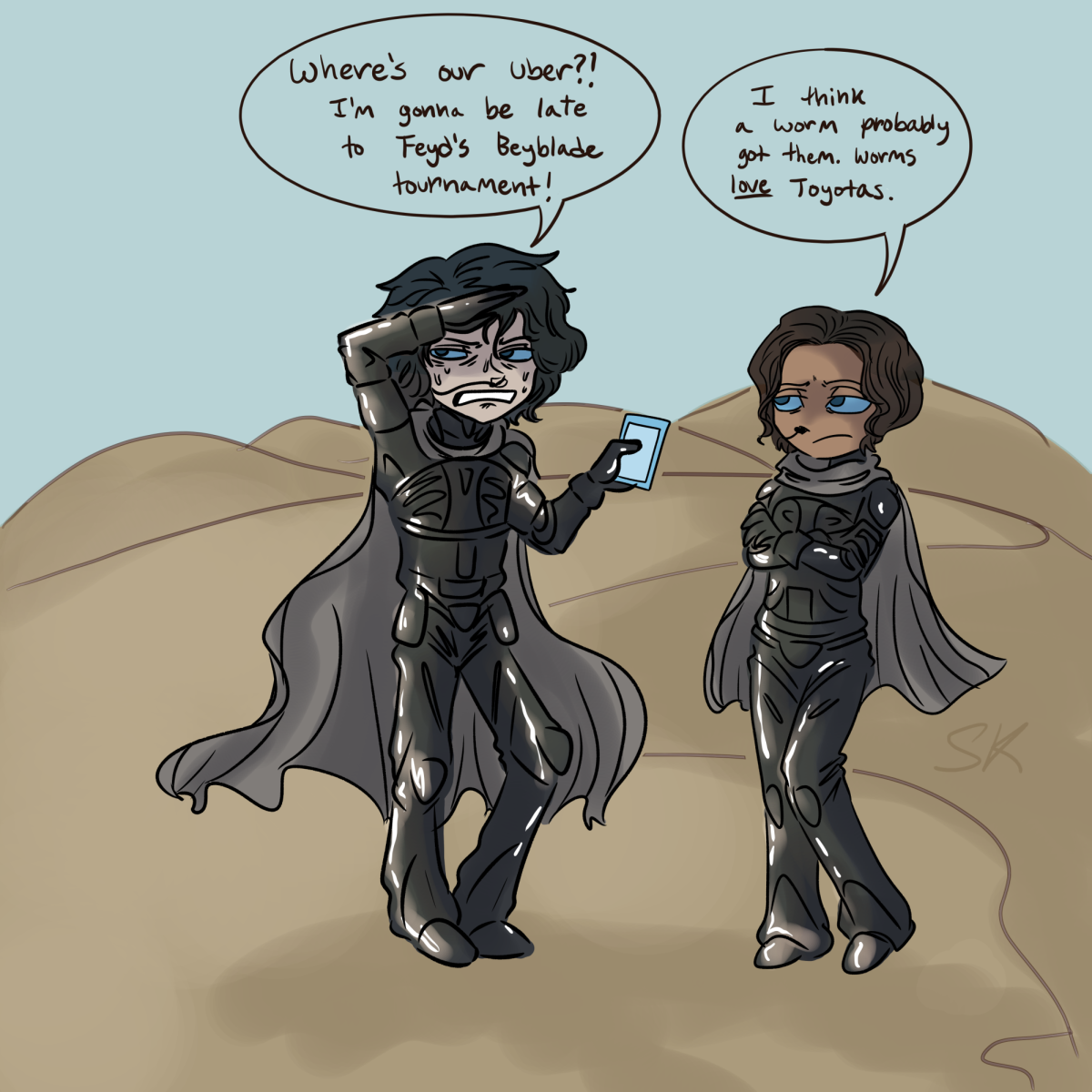Some theorists have suggested and many still believe that the United States is an inevitable ‘melting pot.’ This is the idea that too many people from too many different ethnic backgrounds would figuratively cause America to implode from all of the racial hostility within.
Over the years as we’ve progressed in some areas of ethnic inclusion as a nation, it’s a given that cultural groups have rubbed off on each other in many different ways. Some groups have adopted dialect, certain customs and maybe even traditions from their counterparts.
While all of this is part of a learning experience for some because it allows people to break the norms of their heritage, for others, “borrowing” pieces of another culture can be found exploitative or derogatory in the wrong context or social situation.
Cultural appropriation is one of the most recent topics in circulation around campuses like Yale, where an African American student was asked by a white friend of his if she could borrow his clothes to go to a Halloween party. The theme?—“thugs,” she said.
The central idea of the term “appropriation” is not an entirely new concept but one that has been circling around the Western world for a while now. The idea stems from the co-opting of minority culture by European whites.
As a minority in a higher learning environment, terms like “cultural appropriation” are implicitly bad for educational purposes and only serve to negatively reinforce systematic segregation. It’s teaching one group of people ‘hey, this is you. This is what defines you,’ and the other that ‘you’re white so act like it. Don’t be like them.’
We need to eradicate this way of thinking entirely in the U.S. and around the world if we ever want to truly get over structured racism and move on to more important human issues.
Don’t get me wrong, negatively applied stereotypes are still a big problem we have to overcome, and there is indeed a level of exploitation associated with stereotyping lesser privileged minority groups. But, what’s actually the inherent problem with racial or cultural association is that it often involves dominant groups contextually understanding little about the history of a particular culture before borrowing from it.
A major example of this would be how rock music originated from the sound of traditional African music styles, but after the sound was stolen and replicated by American whites, blacks were never credited in history for its derivation. More charismatic examples include scenarios like Miley Cyrus twerking at the VMA’s in 2013 and even others where white models have tried to associate cornrows with European fashion.
I’m not denying that the idea of cultural appropriation is a real thing, but the more people talk about it and complain, the worse the situation becomes, which ultimately collapses socialization.
There really just needs to be a level of awareness when it comes to self-expression. It may be insensitive to dress up like a thug and wear black paint on your face for Halloween if you’re white, and it might just be equally insensitive to wear a sombrero and not be Spanish or at all fluent in the language.
All the same, a certain level of tolerance has to be in effect by some people in order for other people to express themselves however they please. People shouldn’t be insensitive through their ways of self-expression by any means, but other people also shouldn’t be oversensitized by their cultural adversity.
Wearing blackface is subliminally racist regardless of the intent, but cornrows or dreadlocks on a white model is nothing to blow smoke about like some people will argue. The encouragement of ideas like cultural association drives ethnic groups in America further away from each other and ultimately brings us closer to seeing the melting pot theory in action.
How can ethnic lines be drawn in institutional settings like a public university that endorses equal opportunity and a diverse learning experience, but not in aspects of entertainment like music and movies or even fashion for that matter?
Who gets to draw these lines and determine where they should be blurred? What would cultural appropriation mean for the mesh of ethnic personality that makes up most of popular culture?
By allowing ideas like this to fester and by promoting it, people will never put their cultural differences and racial pride aside—even to reach a common goal, and that’s truly one of the biggest problems today.























